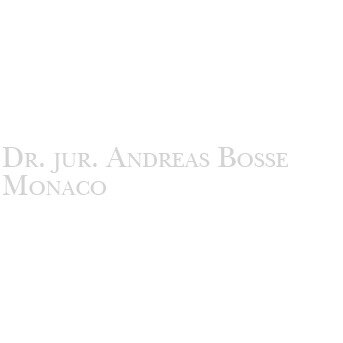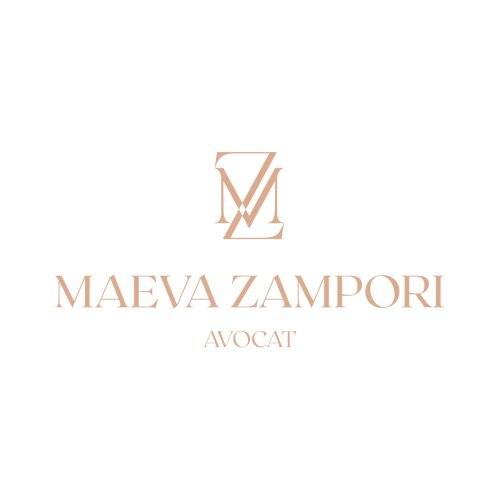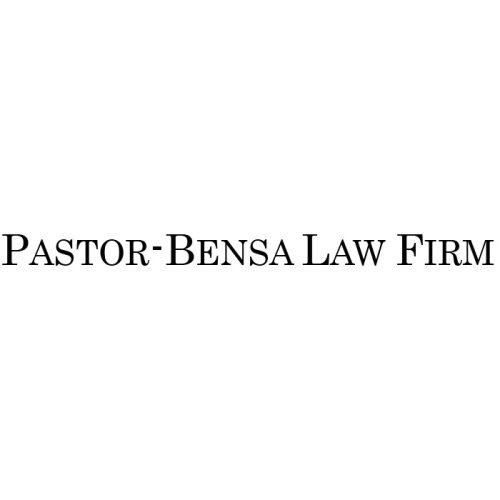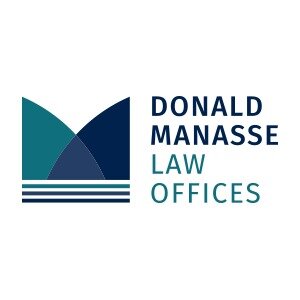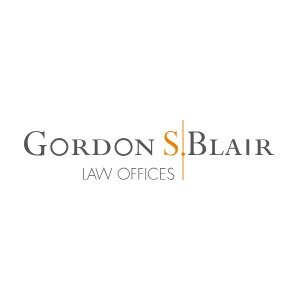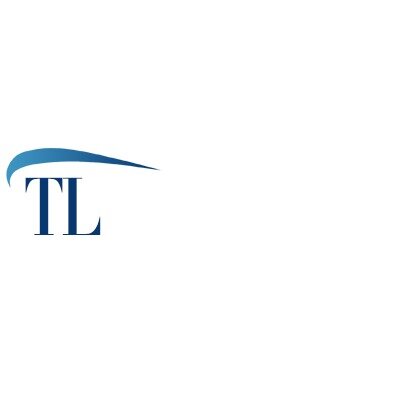Best Tax Lawyers in Monaco
Share your needs with us, get contacted by law firms.
Free. Takes 2 min.
Or refine your search by selecting a city:
List of the best lawyers in Monaco
About Tax Law in Monaco
Monaco is known for its favorable tax regime, which primarily includes no personal income taxes. This has made Monaco a popular destination for high-net-worth individuals and businesses seeking tax efficiency. The principality does, however, impose certain indirect taxes, corporate taxes under specific conditions, and VAT in alignment with its European partners. Understanding the intricacies of Monaco's tax laws is crucial for businesses and individuals to ensure compliance and optimize their tax responsibilities.
Why You May Need a Lawyer
Engaging a tax lawyer in Monaco can be beneficial in several scenarios. These include setting up a business in Monaco, navigating the complexities of international tax treaties, adhering to corporate tax requirements for businesses earning more than a specified percentage of revenue outside of Monaco, and managing compliance with VAT and other indirect taxes. Additionally, tax laws can change, and a lawyer can keep you informed about the latest legal modifications and requirements.
Local Laws Overview
Monaco's tax laws are relatively straightforward compared to many other jurisdictions but understanding them fully is essential. The absence of a personal income tax is a significant factor. However, companies with at least 25% of their revenue originating outside Monaco must pay corporate tax. Value Added Tax (VAT) in Monaco is aligned with France, as part of its customs union, at a standard rate, with some exemptions and reduced rates applicable. Transfer taxes on properties and certain capital gains taxes also exist.
Frequently Asked Questions
1. Are there personal income taxes in Monaco?
No, Monaco does not impose personal income taxes on its residents, which is a major attraction for many individuals operating globally.
2. What corporate taxes exist in Monaco?
Businesses with 25% or more of their revenue generated outside Monaco are subject to corporate tax at a rate of 33.33%.
3. How does VAT work in Monaco?
Monaco follows VAT rules similar to those in France, with the standard rate being 20%, and reduced rates and exemptions applicable for certain goods and services.
4. Is there a capital gains tax in Monaco?
There is no general capital gains tax on securities for individuals. However, capital gains taxes may apply in certain specific situations involving real estate or business transactions.
5. How does Monaco tax real estate transactions?
Real estate transactions in Monaco are subject to transfer taxes and various registration fees, which are generally borne by the purchaser.
6. Can Monaco tax laws affect expatriates differently?
While personal income is not taxed, expatriates working abroad must consider tax regulations in their home countries and any applicable international tax treaties.
7. Do Monaco's tax laws interact with those of other countries?
Yes, Monaco has tax treaties with numerous countries that affect how foreign income and businesses are taxed, focused on avoiding double taxation.
8. How are VAT returns filed in Monaco?
Companies must file VAT returns in Monaco following similar procedures and timelines to those in France, requiring accurate records of transactions.
9. What is the process for setting up a business in Monaco?
Establishing a business requires registering with Monaco’s government, understanding tax implications, and potentially obtaining licenses depending on business activities.
10. Are there any incentives for foreign investments in Monaco?
While no specific tax incentives are noted due to the existing favorable tax regime, the overall economic stability, and strategic location offer advantages for foreign investors.
Additional Resources
For more information on tax laws and regulations in Monaco, consider consulting the following resources:
- The Monaco Department of Tax Services: Provides official guidance and resources on tax compliance.
- Monaco Business Development Agency: Offers assistance to businesses setting up operations in the principality.
- Local professional organizations and tax advisory firms specializing in Monaco tax law.
Next Steps
If you need legal assistance in the field of taxation in Monaco, the first step is to identify a lawyer or law firm specializing in Monaco tax law. Arrange a consultation to discuss your specific circumstances and understand the services they offer. Ensure that they are experienced with international tax treaties and Monaco's specific legal environment. It may also be worth consulting local tax advisors or accounting firms for comprehensive assistance.
Lawzana helps you find the best lawyers and law firms in Monaco through a curated and pre-screened list of qualified legal professionals. Our platform offers rankings and detailed profiles of attorneys and law firms, allowing you to compare based on practice areas, including Tax, experience, and client feedback.
Each profile includes a description of the firm's areas of practice, client reviews, team members and partners, year of establishment, spoken languages, office locations, contact information, social media presence, and any published articles or resources. Most firms on our platform speak English and are experienced in both local and international legal matters.
Get a quote from top-rated law firms in Monaco — quickly, securely, and without unnecessary hassle.
Disclaimer:
The information provided on this page is for general informational purposes only and does not constitute legal advice. While we strive to ensure the accuracy and relevance of the content, legal information may change over time, and interpretations of the law can vary. You should always consult with a qualified legal professional for advice specific to your situation.
We disclaim all liability for actions taken or not taken based on the content of this page. If you believe any information is incorrect or outdated, please contact us, and we will review and update it where appropriate.
Browse tax law firms by city in Monaco
Refine your search by selecting a city.





